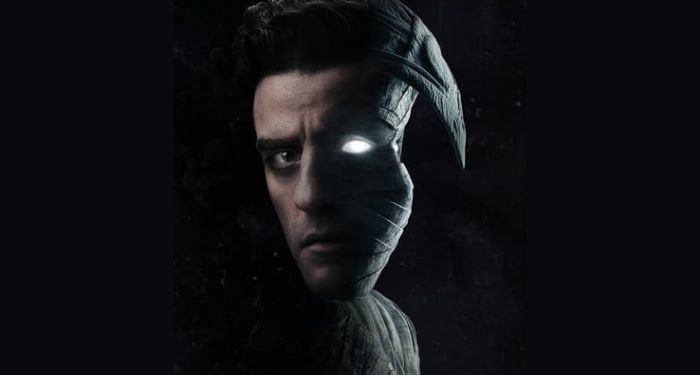
Why Moon Knight and Mental Health Representation Matters to Me
There’s no secret that mental health matters. As a huge advocate of mental health and as a woman living with Bipolar 2 every day, I am a believer that the reality of living with a mental health condition should be explained and showcased, especially in books, movies, and television. There’s something powerful about seeing others struggle with these issues in different types of art, and it also makes us all feel like we are less alone in this world, even the imaginary world, when a character struggles with issues that we do as well.
While I have enjoyed the depiction of the character Rue in the HBOMax television show Euphoria, and how realistic her struggle is with her own mental health issues in a real-life setting, there’s a new show on Disney+ based on some amazing comics and based on a character that struggles with his own mental health issues. This show has blown me away, and that’s the show Moon Knight with the starring role played by Guatemalan actor Oscar Isaac.
In the show, the main character suffers from dissociative identity disorder (DID), a truly challenging disease to showcase on the screen. DID is a mental health disorder where someone suffers from multiple, distinct personalities, where the person’s diverse identities come up at different times and control the person’s actions and feelings. This type of disorder can also cause a person to forget things in the past, see and feel things that are truly not there (known as delusions), and even deal with depression due to the complexity of the issues that they are going through due to disease. This type of disorder, as well as many other mental health issues, might seem tough to depict in a fantasy setting, but I can tell that the creators of Moon Knight took on the challenge and have been successful and showcasing the issues behind it in a television show setting.
In the Moon Knight comics, the character Marc Spector lives with what was incorrectly defined as schizophrenia in some of the stories told then. The alter egos that represent both sides of his personality, also known as Grant and Lockley, started appearing to him as part of his life when he was a child. In the new television show, we see the character of Steven Grant who works daily at an art museum and has been struggling with some extreme and confusing situations. What we learn as we watch the show, is that Grant is actually Marc Spector’s alter ego, showcasing his issues as a real human being and not just a mental health diagnosis. In the show, it seems Grant has taken over Spector’s life. Marc has an extremely different personality and attitude than he does. We also see Spector struggle with insomnia, memory loss, and depression, as he even locks himself into bed as he sleeps because he has no idea what can happen at night and why he finds himself dealing with certain unknown situations. Also, it seems Marc is desperate to reclaim his true identity and let go of his alter ego, as he speaks to Grant and tries to persuade him to just let him in and save them from their current struggles and situations. And it is Marc that lures Grant into wearing the Moon Knight white suit when he takes over. What I love about this approach is the fact that we see the disease as a real person, we see the sleepless nights and gaps in memory happen live, and we relate to the character’s struggles with his being and identity.
The reason Moon Knight resonates with me as a character in comics and television, even if it is just now that I am starting to better understand DID, is the fact that even as a Bipolar 2 daily survivor, I relate to the fact that those of us with mental health conditions face daily obstacles. And, even then, we still push forward to survive and live our daily lives, no matter how hard it might seem and be at times. The representation of Moon Knight on television, as an art and in a fantasy setting, is one that will make those who enjoy these type of stories a chance to understand that at times, even the most heroic of us struggle with depression, anxiety, and all sorts of countless mental health issues that we desperately try to regulate and control with therapy, medication, and with looking internally at ourselves to see how we can be better each day.
With that said, after starting to watch Moon Knight and being blown away by Oscar Isaac’s acting and depiction of the character, I cannot wait to see what happens next in the series and how it all will play out. I am so thankful that shows such as this one, and another Marvel Studios masterpiece WandaVision, which also deals with serious mental health representation, are available in the world of pop culture now. It means a lot to me that the comic and fantasy world is taking on the challenges to showcase characters with real-life issues past the Marvel world that we can relate to. And, while I might not be the main expert when it comes to Moon Knight just yet (that would be my husband Sebastian!), watching all these elements play out on the small screen has been eye-opening and fantastic to experience. It makes me realize that we are all heroes in our own right and that even the strongest people might deal with invisible issues and interior struggles that a lot of us might not get or understand.













